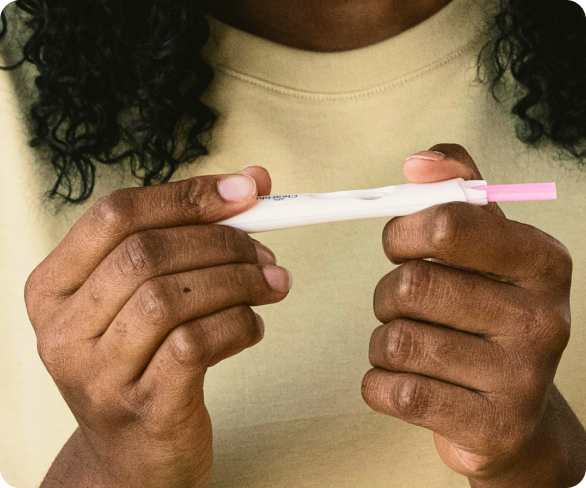
The uterus is where embryo implantation and development take place, making it essential for a healthy pregnancy. Structural abnormalities like fibroids or polyps or congenital (born with) abnormalities like a septate uterus, can interfere with embryo implantation and increase miscarriage risk, or pregnancy complications like early delivery.
Scarring from surgeries or infections like Asherman’s syndrome may also reduce the uterine lining’s ability to support a pregnancy. Assessment of the uterus via a good-quality ultrasound is the first line investigation.

Fibroids are common, noncancerous growths of smooth muscle in the uterus, with a very low risk of becoming cancerous (<0.5%). They are classified based on their location: Submucosal Fibroids are located just beneath the uterine lining, Intramural Fibroids are found within the muscular wall of the uterus and Subserosal Fibroids are positioned just beneath the outer uterine lining.
The impact on fertility depends on their type and treatment / removal outcomes can vary:
Uterine polyps are small, benign growths on the inner lining of the uterus. They can cause irregular bleeding and, in some cases, interfere with fertility. In most circumstances, we would undertake a Hysteroscopy surgical procedure to remove them.

This is a special ultrasound where the ultrasound doctor injects sterile fluid through the cervix into the uterus. Using an ultrasound probe, they then assess the uterine cavity for problems.
Unlike sonohysterogram which is an investigation only, a hysteroscopy enables any issues to be corrected at the time of investigation.
See more details here.

After undergoing treatment for uterine conditions, many women are concerned about their fertility and the possibility of pregnancy. The impact on fertility largely depends on the type of treatment received.
If a fertility-sparing procedure like myomectomy was performed, many women can still conceive and have healthy pregnancies. It’s essential to have follow-up care and monitoring to ensure that the uterus heals properly.
In cases where a hysterectomy is performed, pregnancy will no longer be possible once the uterus is removed. If future family planning is a consideration, then fertility-preserving alternatives are typically explored first.

Your uterine health plays a vital role in your overall wellbeing, fertility, and ability to achieve a healthy pregnancy. Conditions like fibroids, polyps, or endometriosis can often be managed effectively with the right care and expertise.
As a specialist in comprehensive uterine care, I can offer advanced treatment options to address your specific needs. Whether you're experiencing irregular bleeding, pelvic pain, or fertility challenges, early evaluation and intervention can make all the difference. Schedule a consultation today to explore your options and take control of your reproductive health.
Common uterine conditions include fibroids, polyps, adenomyosis, and congenital abnormalities. These can be caused by hormonal imbalances, genetic factors, inflammation, or underlying health issues.
Fibroids are typically diagnosed using ultrasound, MRI, or hysteroscopy. Symptoms such as heavy periods, pelvic pain, and fertility issues may indicate their presence.
Treatment options range from medications (such as hormonal therapy) to minimally invasive procedures like uterine artery embolization or myomectomy. In severe cases, a hysterectomy may be considered.
Yes. Conditions such as fibroids, endometrial polyps, and congenital abnormalities can interfere with implantation, pregnancy, and embryo development.
A referral from a GP or fertility specialist can help you find a uterine specialist. Dr. Anthony Marren specializes in diagnosing and treating uterine conditions.
Yes. Medications such as GnRH agonists, hormonal birth control, and progesterone-releasing IUDs can help manage symptoms without surgery.
Your specialist will review your medical history, perform a physical exam, order imaging tests, and discuss treatment options tailored to your needs.